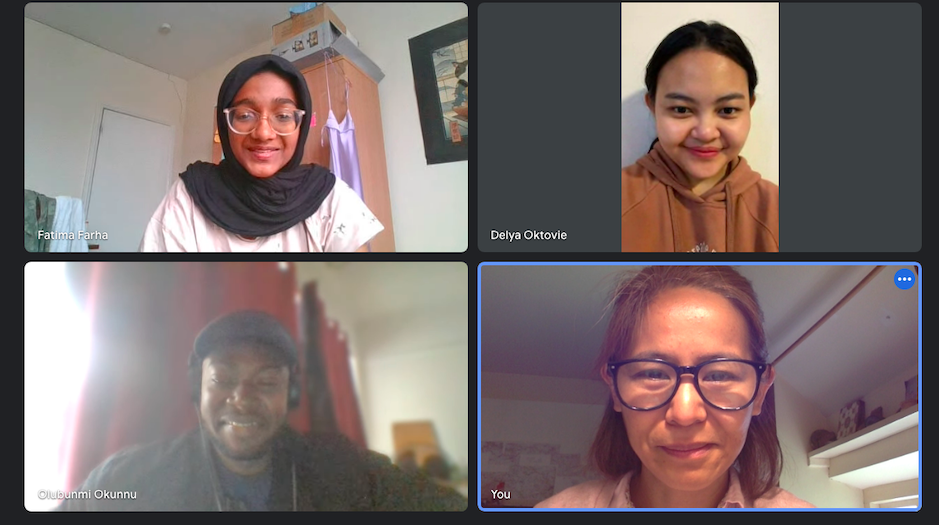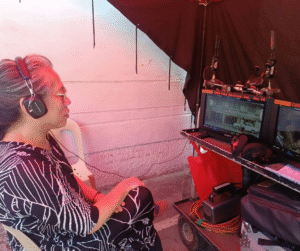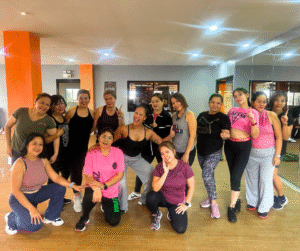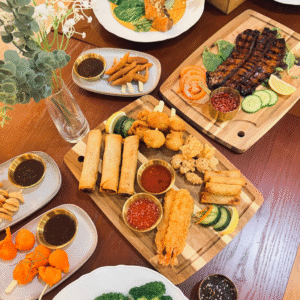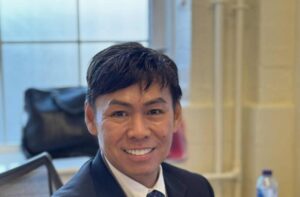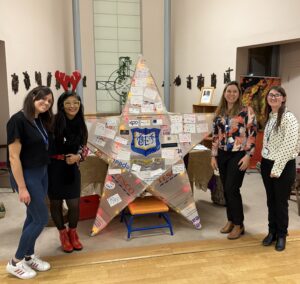By Fatima Farha
We are four journalists from different countries currently pursuing our master’s degree in multimedia journalism at Bournemouth University. In this piece, we reflect on our experience writing for Tinig UK

In awe of a website solely for Filipinos, Indonesian Delya Apsari hopes to see a similar one for her compatriots in the UK. Delya has an interest in data journalism and noticed that the use of numbers and rigorous research for articles at Tinig UK strengthened its storytelling.
Delya was able to weave data with her creativity to write a piece on Filipino representation in TV medical series. She has worked on the ground as a journalist in Indonesia and covered the 2018 Surabaya bombings.
“I like to write human-interest stories. I want to be in the forefront when there is a problem, especially one that affects minorities and ensure their voices are heard,” she adds. She included the struggles overseas Filipino nurses faced during the pandemic in her piece to provide context to her article.
Having conducted interviews with difficult sources in the past, Delya says talking to Filipinos for articles has been one of the best parts of her internship so far. “They are so friendly, warm and easy to talk to.”
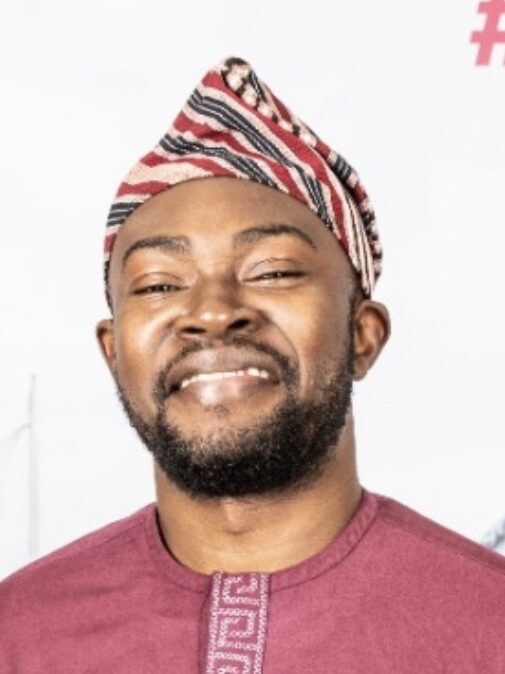
“Tinig UK appealed to me because of the premise upon which it was founded: telling real and relevant stories about Filipinos living in the UK and unearthing hidden issues which they face,” says Olubunmi ‘Olu’ Okunnu.
Olu is a Nigerian journalist who has wide experience working for radio, TV and online journalism platforms. He has worked for small independent outlets in remote parts of Nigeria to big corporations like the BBC.
Pursuing an internship with an outlet like Tinig UK, however, is a first for him and quite out of his comfort zone. “I am African who lived in Africa, with very little knowledge of Asia in relation to its cultures and nuances,” he says, adding that the experience gives him an opportunity to push himself journalistically.
Hailing from a minority community in India, it was important for Aman Singh to work with a not-for-profit independent media with an altruistic goal of telling and promoting stories of immigrant Filipinos who are less than a percent of the population of the UK.
“Writing for Tinig UK helped me understand what it feels like to be a minority in a country and how you would want your stories to be heard by others,” he says.
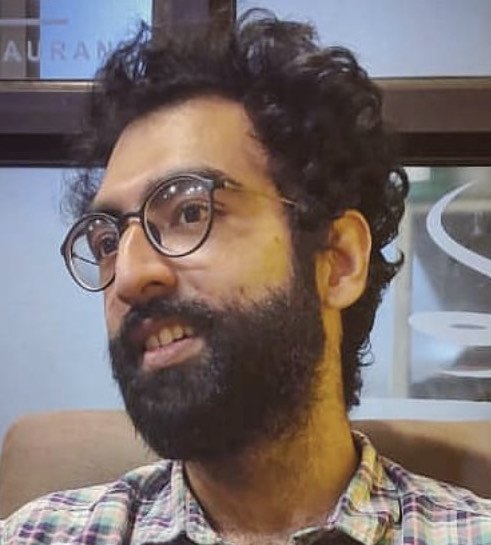
What interested Aman was learning the history of Filipino immigrants and how they came to England. He adds that Tinig UK’s dedication to make visible Philippine culture and concerns of immigrant Filipinos is unmatched and makes it unique from other mainstream news outlets.
He says the highlight of his internship was speaking to prominent writer Carla Montemayor who won the London Writers Award (LWA) in 2021. Her journey that began as an international student in the UK to being recognised as a Filipino writer on an international stage deeply inspired Aman.
As for me, I chose to do my internship with Tinig UK when I read the article on the exploitative nature of UK domestic worker visa system. The appalling experience of Filipino workers fleeing their Middle Eastern employers and the lack of protection by the UK government hit close to home.
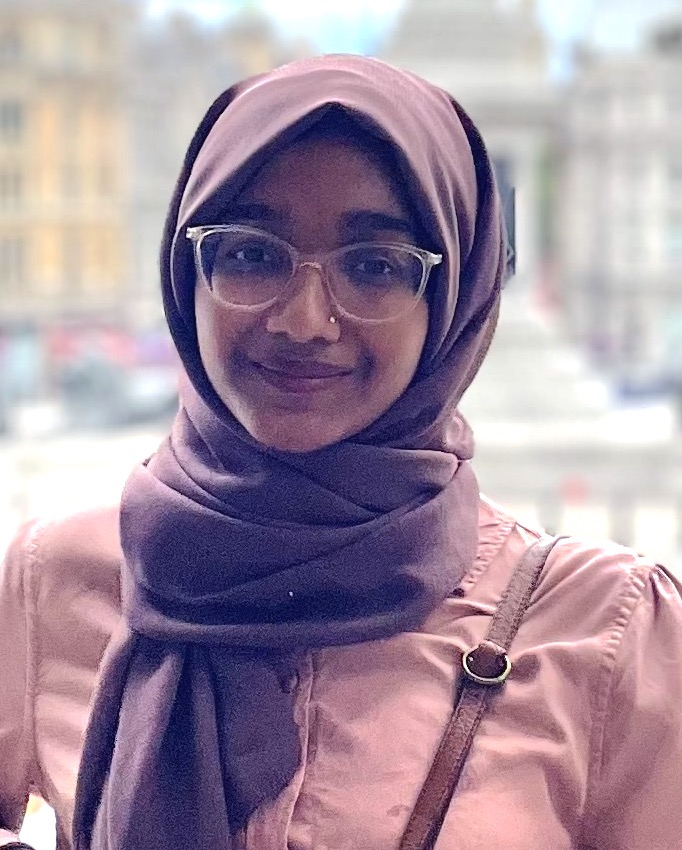
Having lived most of my life in Dubai, I have heard of the horror stories of abuse and isolation many Filipino female domestic workers face. Coupled with restrictive media in the UAE, there is no support for women caught in a web of labour laws that do not work in their favour. No vulnerable group should be side-lined by media; lack of information can mean their voice is not heard and issues not addressed.
A news site for Filipinos in the UK, Tinig UK was born out of the lack of exposure by the mainstream media of the discrimination faced by Filipino nurses at the start of the pandemic. This democratic goal of journalism practiced by Tinig UK stood out to me. Tinig UK’s vision of recognising the power of a unified voice aligns with my interest as a journalist to cover issues relevant to citizens’ rights, recognising that they are not mere spectators to issues dictating their life.
Top image caption: Bournemouth University students talk about their story ideas and updates on their articles during a team briefing with Liezel Longboan, Tinig UK editor.

